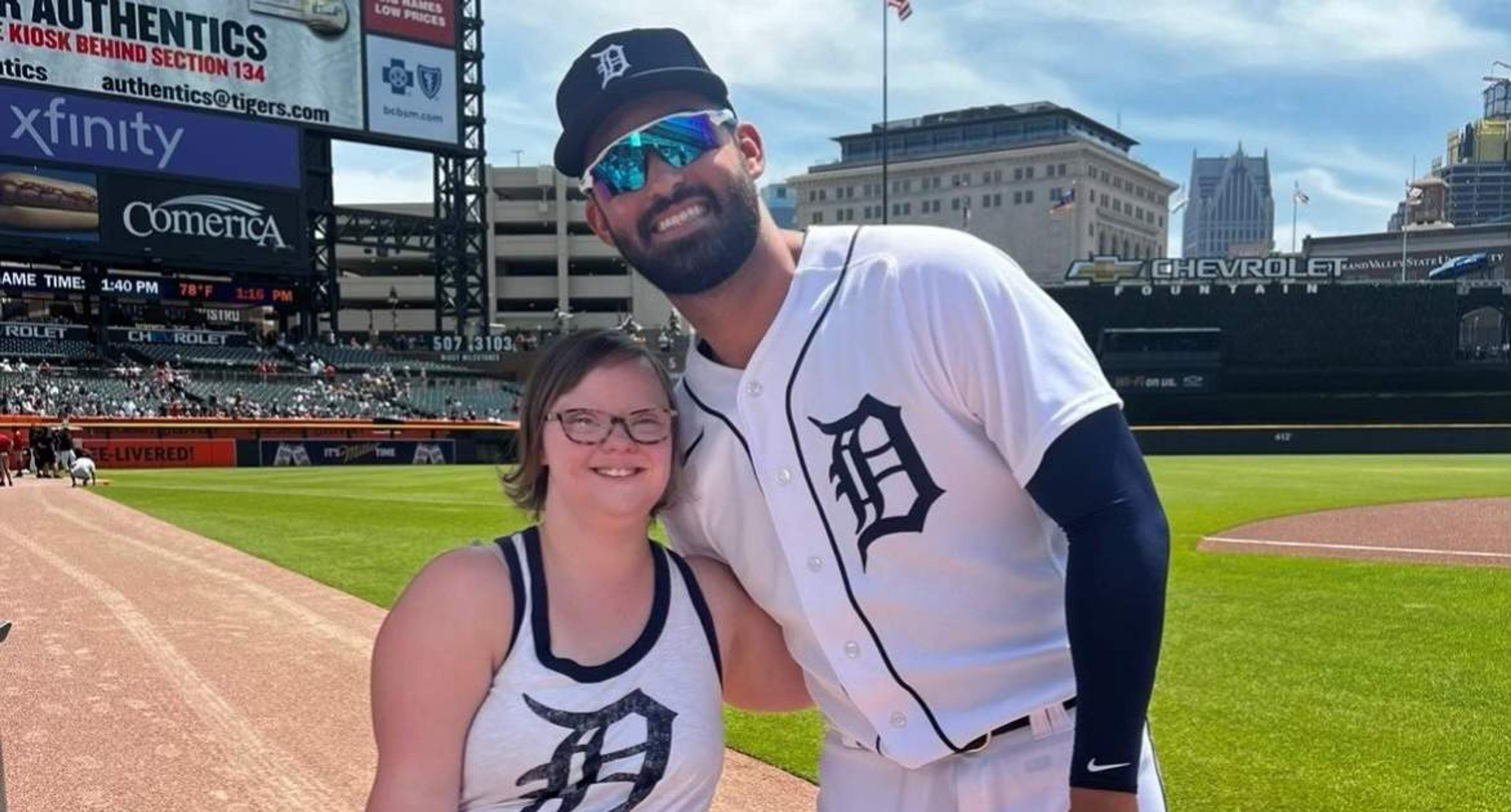Musicians Use the Power of Music to Advocate for People with Disabilities

Julie Bitely
| 2 min read

Elizabeth Dunn Kazmierski was born blind, but her vision for the immense power music can have in people’s lives is clear.
She started composing songs for the piano and performing at an early age. Now, an 18-year-old college freshman at Alma College, she hopes to make music her career. Kazmierski is exploring the idea of music therapy and other occupations that would combine her love of music with some type of disability advocacy.
Although having a disability isn’t without drawbacks, Kazmierski said it should never silence passion.
“It cannot hinder creativity,” she said.
Kazmierski was a featured performer at the recent Invest in Ability Dinner put on by Disability Advocates of Kent County. The Rapid transportation system was honored with the 2014 Invest in Ability award at the dinner.
Keynote speaker David Lockington, performed on his cello and gave a talk about notable musicians throughout history who have overcome disabilities. The music director is entering his 16th and final season with the Grand Rapids Symphony.
Abused as a teenager, Lockington said he’s spent his life recovering, and credits music with playing a big role.
“Music is what feelings sound like,” Lockington said, quoting an anonymous source.
The list of successful musicians who have pressed forward despite hardship and disability is staggering, Lockington said. He pointed to Itzhak Perlman, who contracted polio at the age of 4. Despite having to rely on crutches to walk, he “became one of the world’s greatest violinists.”
Lockington also mentioned the depression faced by piano greats Sergei Rachmaninoff and Robert Schumann. At the dinner, Lockington and a pianist played “Alone” from the opera “Emmeline” by American composer Tobias Picker, who has Tourette’s syndrome.
Lockington said the piece perfectly captures the sense of isolation sometimes felt by people who are different in some way.
He also pointed to Motown great Stevie Wonder, who was born blind, and the amazing attitude he’s maintained throughout his career. Lockington also included Beethoven on his list, pointing out that the composer wrote some of his most beautiful works after he had gone completely deaf.
For Kazmierski, playing at events like the dinner is one way she advocates for herself and others with disabilities. Her sharpened sense of hearing allows her to transform everyday sounds into complex arrangements. The way she describes the process could also be used as a way to break down the labels that are often applied to people with disabilities.
“You can always find something good in everything, I think,” she said.
Photo credit: Martijn de Valk





